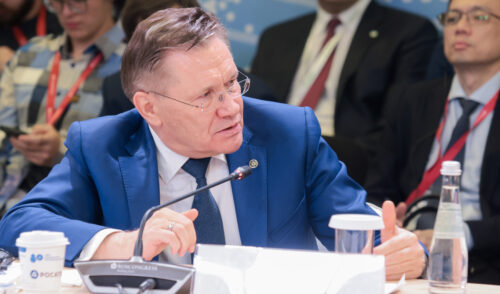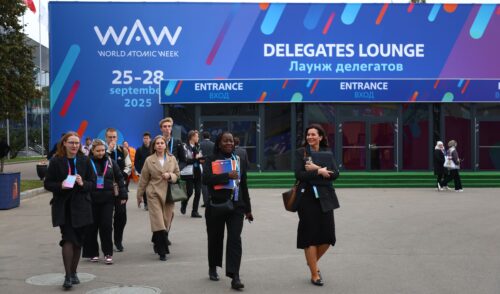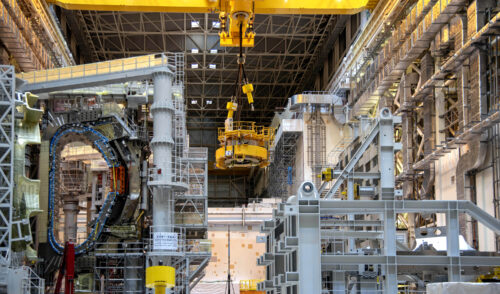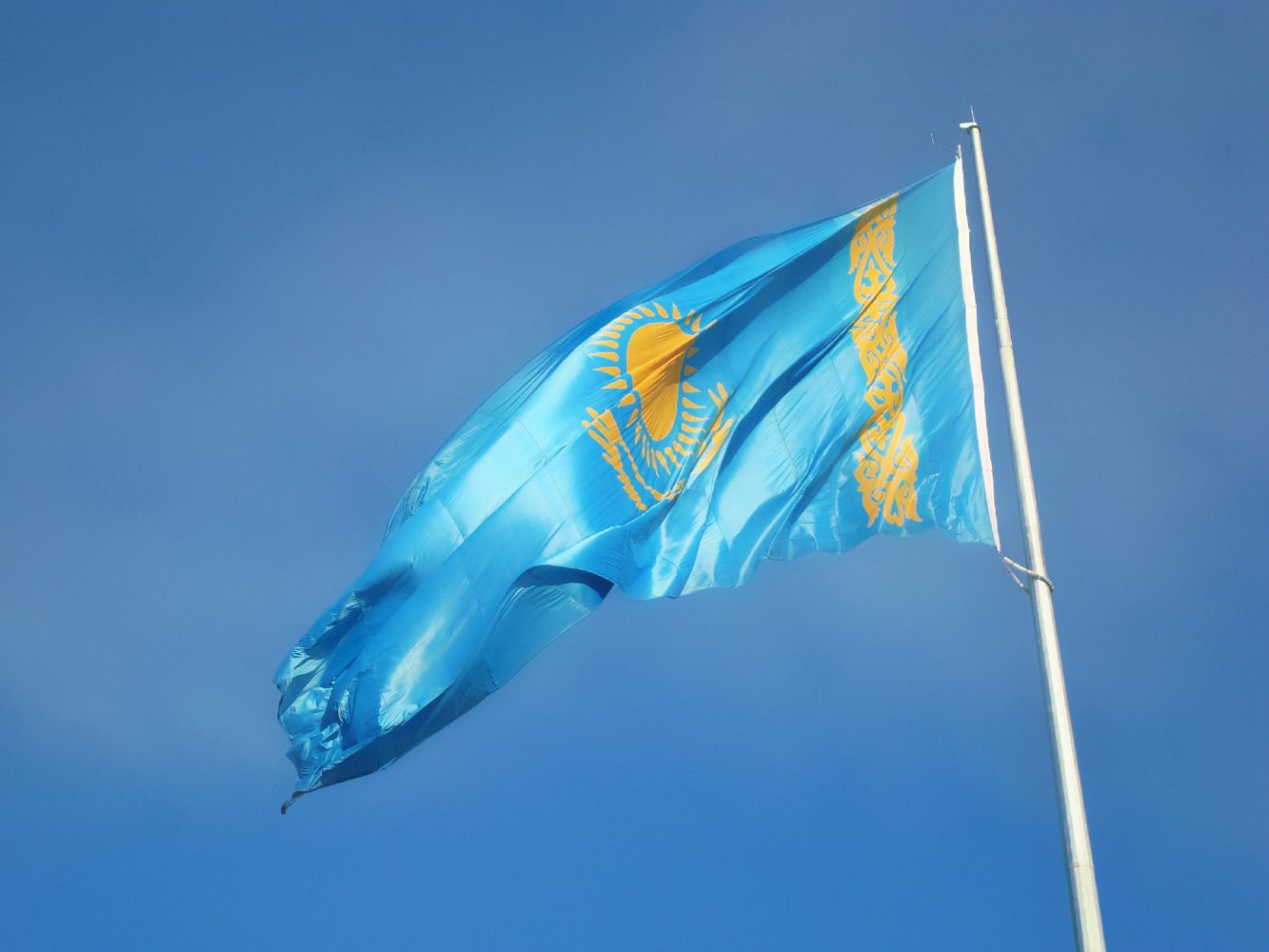
Kazakhstan Up For Nuclear
back to contentsThe majority of Kazakhstan citizens who voted in the national referendum support the construction of a nuclear power plant in the country. Earlier, Kazakhstan authorities had suggested entrusting this large-scale project to an international consortium. Rosatom has extensive experience in delivering overseas projects in close cooperation with partners from other countries.
Over 5.5 million people, or 71 % of those who voted in a referendum in early October, supported the government plans to build a nuclear power plant in Kazakhstan, Nurlan Abdirov, Chairman of the Central Referendum Commission, said at a briefing. Two million people opposed the construction. Participants were asked the question “Do you agree with the construction of a nuclear power plant in Kazakhstan?” A total of 7.8 million people took part in the vote, with a turnout of 63.6 %.
The nuclear power plant is planned to be built in the village of Ulken, Almaty Region, on the shore of Lake Balkhash and put in operation by 2035. As explained by the Kazakh authorities, the choice of the construction site is conditioned by the shortage of power in the southern regions of the country, while the location near Lake Balkhash has been considered as a potential site since the Soviet times.
“Like coal-fired plants, the nuclear station needs cooling water, which is planned to be taken from Balkhash, but spent water will not be discharged into the lake. The cooling water that will come from Balkhash will be only 0.32 % of the amount evaporating naturally from the lake. What is more, the water used at the nuclear plant will not come in direct contact with the reactor. […] In the autumn of 2023, IAEA experts once again confirmed that there are no obstacles preventing the construction of a nuclear power plant near Lake Balkhash,” the country’s government website says.
Foundations of energy sovereignty
A few days before the referendum, Kazakh President Kassym-Jomart Tokayev reiterated his support for the project to build a nuclear power plant.
“I have repeatedly expressed my opinion about the construction of a nuclear station. We must use our competitive advantages not to be left in the dust. If our citizens vote for the project, it will be the most ambitious undertaking in the history of independent Kazakhstan,” the President said at a forum of regional deputies. Kassym-Jomart Tokayev explained that the nuclear plant construction was a long-term project that would contribute to the nation’s sustainable progress for decades to come and strengthen energy sovereignty. “This is an imperative of the present. But it is our younger and future generations who will enjoy all of its benefits in full,” the president concluded.
The Kazakhstan government website reports that the construction process will be supervised by international organizations such as the IAEA and WANO, and ‘the choice of a contractor for the nuclear plant construction project will be based on economic feasibility, technological reliability and environmental safety’.
Kazakhstan is considering China (CNNC), Russia (Rosatom), South Korea (KHNP) and France (EDF) as suppliers of reactor technology. Kassym-Jomart Tokayev said in the run-up to the referendum that the construction and operation of the country’s first nuclear power plant should be entrusted to an international consortium provided the people approved the project.
In close partnership
Rosatom has extensive experience in building multi-lateral international partnerships as part of nuclear construction projects in other countries. For instance, Rosatom is taking part in the construction of four Russian-designed power units with Generation III+ VVER 1200 reactors in China, two at the Tianwan NPP and two at the Xudabao NPP. Russian and Chinese engineers have been working on the designs of these two nuclear plants in close contact. As agreed between the parties, Rosatom designs and supplies core equipment for the ‘nuclear islands’ of VVER 1200 power units and provides construction and commissioning supervision services. The Tianwan NPP is the largest economic cooperation project between Russia and China.
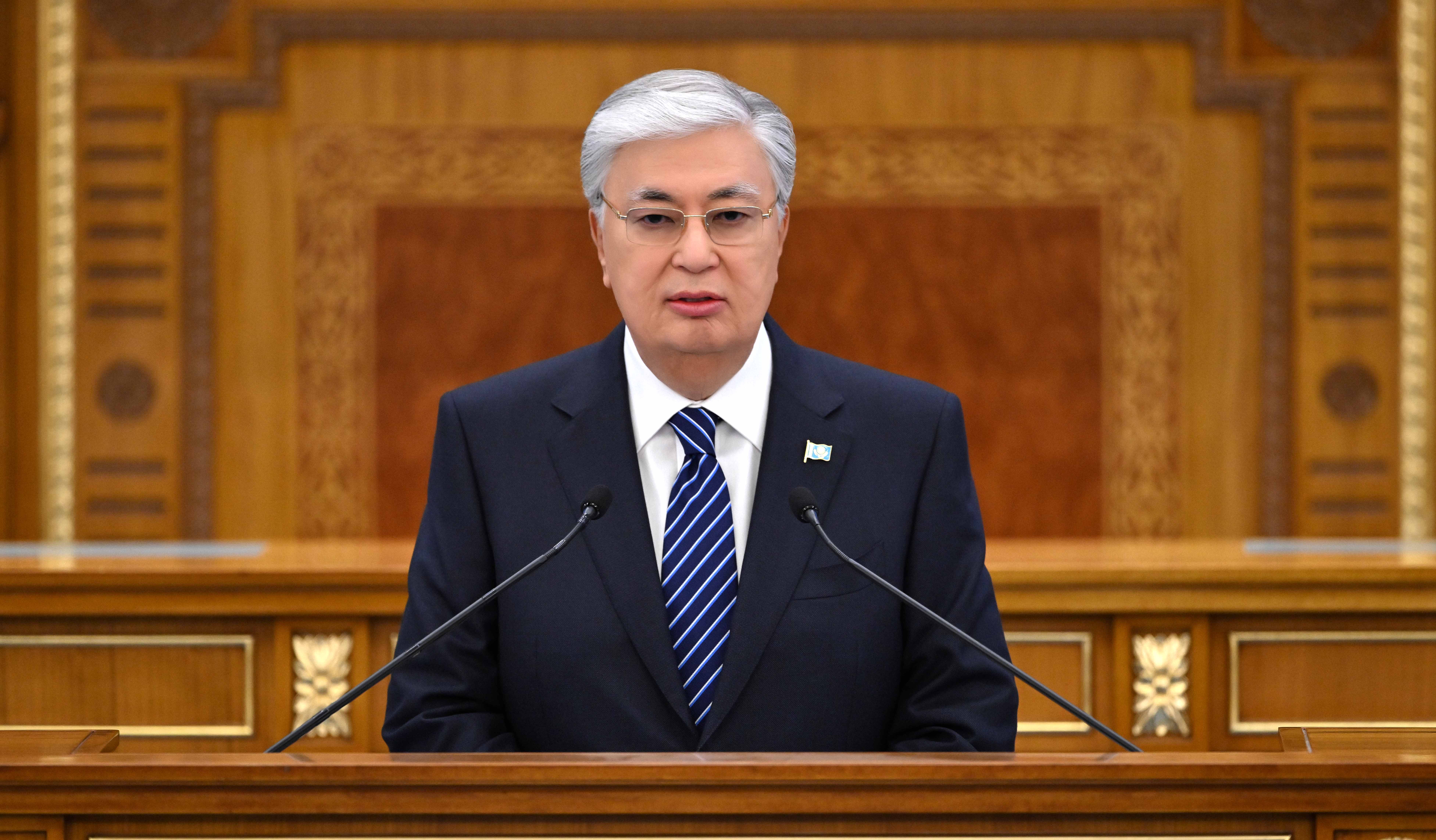
In Hungary, Rosatom is building the Paks II NPP with two VVER 1200 reactors. This is the first Russian-designed nuclear facility to be erected in the European Union. The general construction license issued by the Hungarian regulator in 2022 confirms that the design of the plant complies with international and European safety standards. The construction project involves both local and international companies. “We are proud that a truly international project is being implemented in Paks. Apart from the Russian general contractor, the chain of subcontractors includes German, French, Austrian, Swedish and American companies,” Hungarian Minister of Foreign Affairs and Trade Peter Szijjártó said in March this year.
In Egypt, Rosatom is building the country’s first nuclear power plant, El Dabaa, which will consist of four units with VVER 1200 reactors. This project is attractive for companies from different countries. Major Egyptian companies have joined the pool of qualified subcontractors, and so has Korea Hydro and Nuclear Power (KHNP). This South Korean corporation signed a contract with Rosatom to construct ‘turbine islands’ for each of the four El Dabaa units, as well as to procure and supply the necessary equipment.


